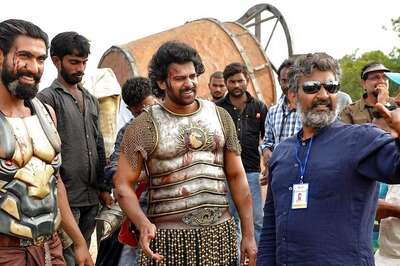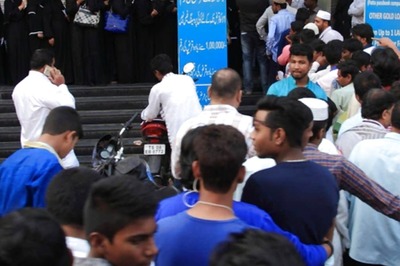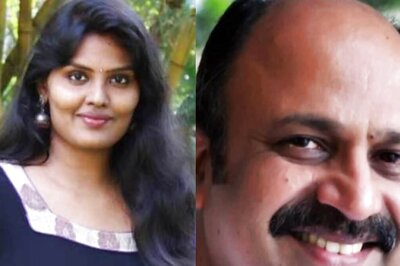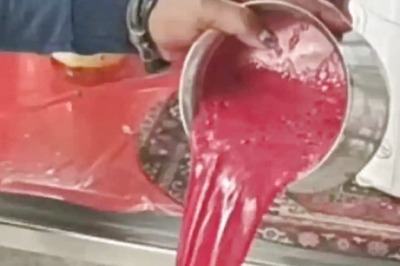‘Must Not be Emulated’: Delhi HC Pulls up Prosecution While Dismissing Appeal of 1984 Riots Convicts

views
New Delhi: As the Delhi High Court upheld the conviction of 88 people in connection with the 1984 anti-Sikh riots, it criticised the prosecution as one which would go down the judicial history as the "example of criminal law which must not be emulated."
All the accused were out on bail and would now undergo the five years’ imprisonment as ordered by the sessions court in 1996.
However, the delay of over three decades to deliver justice to the victims has been noted by Judge RK Gauba of Delhi HC.
“There is no contest to the case for prosecution that the crimes alleged here were actually committed. Thirty-four long years have passed after the crimes were committed and, yet, the victims await justice and closure. Is this what we call a potent and effective criminal justice system? Is our judicial apparatus at all equipped to deal with the crimes of such magnitude? Do we have lessons to be learnt from this sordid experiment in the name of criminal law process?” questioned the judge in his verdict.
Larges-cale violence had broken out after Indira Gandhi was shot dead by her Sikh bodyguards in November 1984, which claimed around 3,000 lives across the country. In Delhi, Trilokpuri, an area inhabited mostly by Sikhs, was the worst hit. It was alleged that the mobs were instigated, and in some cases led by Congress leaders.
The FIR in this case says 95 people were killed and around 100 houses were set on fire in Trilokpuri in a span of a few days.
More than 100 people were later arrested for rioting, arson and violating of curfew—88 of them were convicted by a trial court in Delhi in 1996. Many of the convicts are now dead. Those alive had appealed against the convictions in the HC.
Calling the riots a “dark chapter in the history of independent India,” the court noted that suitable amendments were needed to be ushered in so that investigation in such communal riots can be carried through special investigation teams.
“Suitable amendments (with necessary subordinate legislation) to the Commissions of Inquiry Act, 1952 and the Protection of Human Rights Act, 1993 may be considered to entrust the responsibility of taking note of the cognizable offences committed in communal riots and for investigation may be through SITs,” the judge said.
One of the important points of the verdict is that Justice Gauba noted that even press must share inputs discovered by it with the investigating agency in cases of communal riots.
“The law must mandatorily require mediapersons or houses to share the product of their efforts with the investigating agency in all cases of communal riots, it being also their bounden duty thereafter to prove such material at the trial,” reads the verdict.
The court has went on to lament that till date there has been no “meaningful thought spared to usher in reforms in judicial process to effectively deal with cases of communal riots” which are “engineered, more often than not, by those who have clout or influence– of various kind”.
However, the harshest criticism in the case has been against the prosecution which it has noted definitely does not set an example.
“The manner of prosecution of the case at hand would undoubtedly go-down in judicial history of this country as an example of criminal law process that must never be emulated. From this perspective, and in the expectation that those at the helm draw lessons from here, one hopes that this case is never forgotten,” states the judgment.




















Comments
0 comment